Search
Search within Health
634 results found
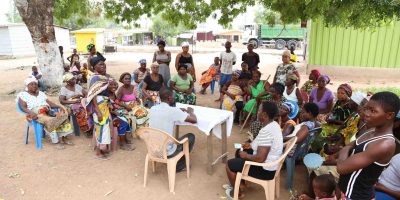
Evidence Reviews
Research Update and Situation Analysis – Ghana
The Dynamic Drivers of Disease in Africa Consortium is an ESPA1-funded research programme designed to deliver much-needed, cutting-edge science on the relationships between ecosystems, zoonoses, health and wellbeing with the objective of moving people out of poverty and promoting social…
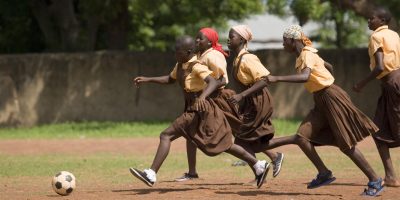
Foresight Papers
Disease Scenarios Africa – Countries
The bulk of the scenario modelling took place in June 2014 at a workshop in Naivasha, Kenya, with later work taking place at a workshop at the Institute of Development Studies, UK, in early 2015. The workshops included participants…
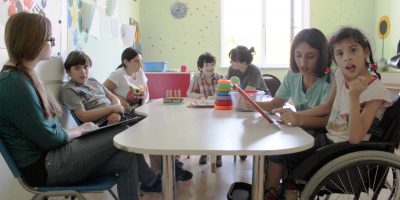
Briefings
Looking Beyond Prosthetics? Including People with Disabilities in Emergency Relief Efforts
As the rapid response briefing on “Including people with disabilities in emergency relief efforts” from IDS shows, emergencies have a disproportionate impact on those already marginalised by society, including people with disabilities and their families. For example, people with disabilities are…
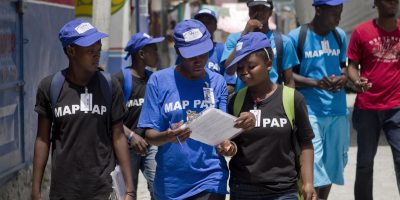
WHO Emergency Reform Consultation Workshop Community Engagement
Community Engagement has been identified as a cross-cutting priority in WHO`s Emergency Reform agenda as outlined in WHO Emergency Reform: Roadmap for Action. The report serves as a blueprint for the reform process and calls for a plan/strategy with “operational…
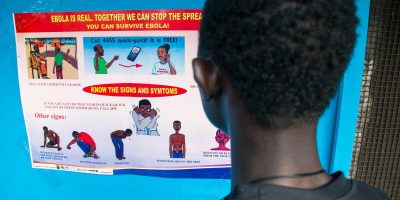
Briefings
Ebola in a Stew of Fear
Modern medicine owes a debt to West Africans for past sacrifices made in the advancement of global health. The announcement by President Barack Obama of a U.S. commitment to build 17 Ebola treatment centers in Liberia, train medical workers, provide testing kits, and offer logistic support is a welcome…
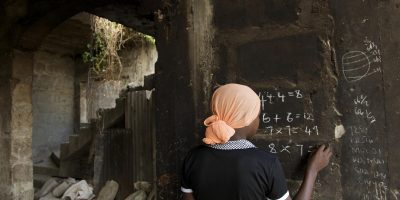
Briefings
Myths and Realities in Disaster Situations
In this resource, the World Health Organization debunk common myths relating to disaster situations and suggest further reading.
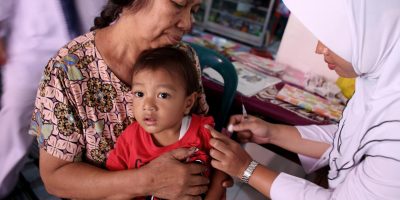
Evidence Reviews
Communication and Social Mobilization in Yellow Fever Mass Vaccination Campaigns: 10 Points from Field Experience
The main objective of this document is to provide evidence-based guidance on conducting practical social mobilization and communication for a yellow fever vaccination campaign, either preventive or reactive. Information is also given on the monitoring and evaluation of communication and…
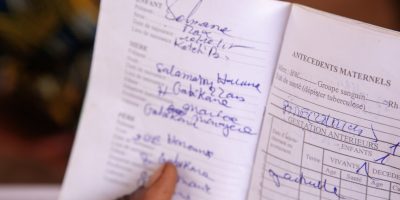
Foresight Papers
Community Mobilization and Engagement Accelerating ahead of Yellow Fever Prevention Campaign in Kinshasa
Risk communication officers from the Expanded Programme on Immunization (EPI) at the national and provincial level conducted briefing sessions on the coordination and preparation of campaign activities for district chief medical officers, and provided coaching in techniques to encourage social…
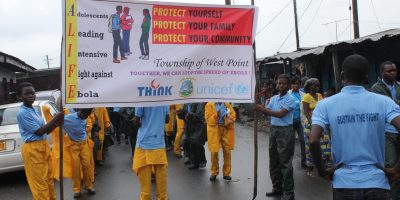
Briefings
Ebola Diaries: Lessons from Previous Ebola Outbreaks Help with the Response in Guinea
Marie Claire Therese Fwelo Mwanza, a social mobilization expert with 27 years experience at WHO, helped end 5 of the Democratic Republic of Congo’s (DRC) 7 Ebola outbreaks through effective community engagement. In 2014, Marie Claire played a role in…
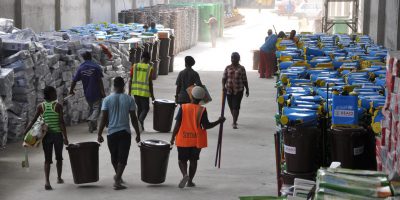
Briefings
Ebola Diaries: Lessons in Listening
Cheikh Ibrahima Niang, a professor of medical and social anthropology at the Cheikh Anta Diop University in Dakar, Senegal, has researched anthropological aspects of a wide range of health issues. In July 2014, WHO asked him to investigate community attitudes…
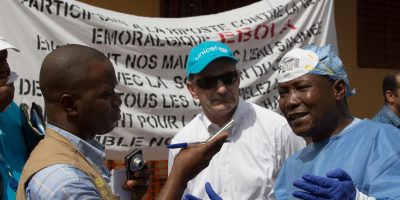
Briefings
Working with Communities in Gueckedou for Better Understanding of Ebola
International partners are supporting Gueckedou health authorities to implement response actions. Médecins Sans Frontières has established a treatment centre and ensures the transport of suspected cases.
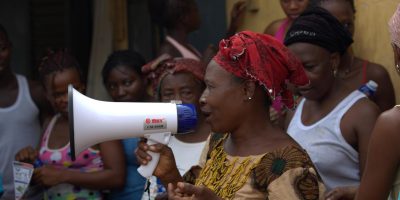
Briefings
Anthropologists work with Ebola-Affected Communities in Mali
Ebola virus control teams need a mix of expertise, including epidemiologists, logistics specialists, laboratory workers, hygiene experts and various other specialized professions. Social anthropologists play a less well-known but equally important role.


